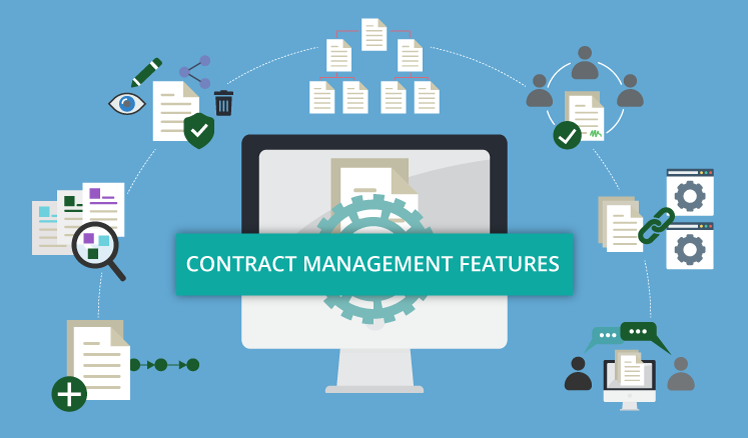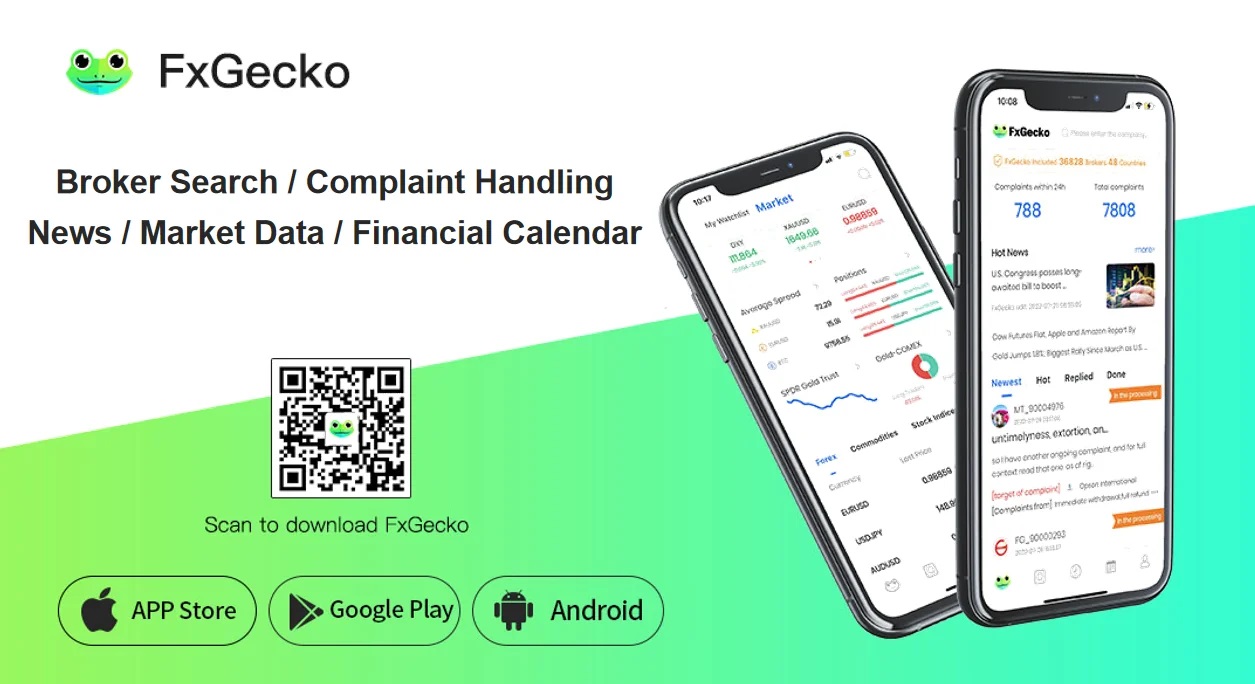Data is more abundant than ever. Regardless of your firm’s industry, your business collects tremendous amounts of information regarding its processes, suppliers, customers, and more. In most cases, this is raw data that cannot be analyzed or there are missing data points, turning it into a lost opportunity to enhance your business decision-making process. The following sections describe how data enrichment can boost sales.
What is data enrichment?
Data enrichment refers to adding third-party, external information to your existing (first-party) data. In other words, you “enrich” your current information flow with extra data in order to obtain valuable, actionable, and insightful information. In turn, you can use the enriched data to improve your sales intelligence, lead generation, and marketing campaigns.
Businesses opt for data enrichment in order to supplement the data they already have with the purpose of making better data-driven business decisions. All data you collect, including customer data, are raw. Many businesses struggle with the amount of unprocessed, incomplete data they possess as it is neither actionable nor applicable in a business-wide context.
Benefits of data enrichment
Meaningful customer relationships
One way data enrichment can boost sales is by facilitating the creation of meaningful customer relationships. 65% of businesses state that they are willing to change suppliers at any time if they cannot establish personalized communication.
Enriching your data with third-party information means that you have a complete picture of your customers and their activity. These detailed data are used by brands to personalize their marketing approach or sales offer since they know their customers better.
Up to 81% of consumers in both B2B and B2C markets state that they want brands to know them better and also know when they should or should not be approached. Similarly, 77% of consumers recommended, chosen, or paid more for brands that offer them personalized services.
Only one dataset or a few incomplete datasets are not sufficient to paint a complete view of your customers, no matter how detailed they are. This is why brands opt for third-party data to enrich their own records and be able to deliver highly personalized experiences. In addition to this, businesses can also tailor communication strategies according to their clients’ demands and preferences. This boosts sales as clients who feel that their needs are understood and addressed are more likely to make purchases.
Targeted marketing
The future of traditional marketing is already here – targeted marketing. Many businesses have already understood that standard, universal marketing strategies do not work anymore. Successful targeted marketing is based on data enrichment in order to achieve efficient market segmentation.
When it comes to customer expectations, brands face numerous difficulties. Nowadays, clients expect businesses to know what they need, offer relevant solutions, and even anticipate their expectations and requirements. Data enrichment offers you unique information regarding your clients, so you can stay relevant and address your clients’ pain points.
Accurate contact list
Any business must use lead generation techniques to grow its customer base. Evaluating and curating leads is extremely important to identify prospective customers, but this becomes highly speculative and prone to errors when your business uses incomplete customer information or outdated details. Data enrichment helps you access complete, fresh, and reliable data. This removes the guesswork, so your team can focus on accomplishing your business objectives.
For instance, assume that you spend time and money on your contact list, only to realize that the information is not correct anymore. You are unable to contact your customers which can decrease engagement or even lead to lost opportunities. Brands cannot afford such mistakes, so they use data enrichment to keep in touch with their customers, find new leads, and have a clean, up-to-date contact list that boosts sales and returns on investment.
Eliminate revenue loss
Irrelevant, unnecessary data can be an expensive liability to any company. Even more, it can lead to damaged reputation and customer loss. Many companies have redundant data because they are not sure which information is outdated and which data is important.
Data enrichment helps you keep your data correct, relevant, and up to date. In other words, you will save money by ensuring that all your marketing and sales efforts are relevant, you can correct mistakes, and always have updated customer profiles, staying one step ahead of your competition.
As a result, data enrichment is extremely important to reduce your cost and optimize your revenues. It helps to manage your resources efficiently since you can eliminate inaccurate data, so all the database storage you invest in is relevant and useful for your brand. In some cases, redundant data can also be highly expensive if your business receives penalties for data non-compliance. By enriching your sales data you can also create intuitive reports and start visualising data with a tool like hosted Kibana.
Summary
All in all, data enrichment is a successful method of boosting sales. It reduces costs, optimizes numerous business processes, and maximizes your sales by creating more effective customer management and marketing strategies. Many businesses choose data enrichment to create meaningful relationships with their existing customers and accurately and effortlessly target new leads.








Add Comment